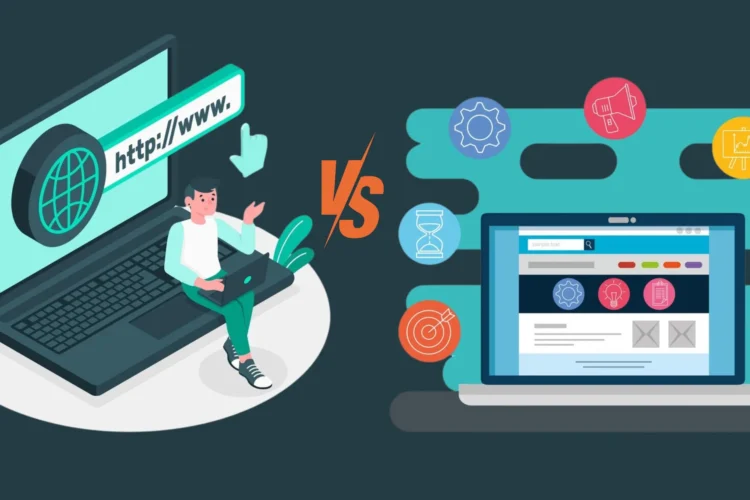
UGC initiatives offer companies and organizations an effective way to interact with their target audiences and produce engaging material. Be it social media contests, reviews of products on online stores, crowdsourcing projects, or reviews of product sections in physical stores, these campaigns can drive participation, build communities, and increase brand recognition.
Tightening up content moderation procedures is crucial. Opening the channels to user contributions entails certain risks; any offensive, unlawful, or inappropriate material posted by users could damage a company’s reputation and lead to legal consequences, leading to negative experiences for themselves and other users. At such moments, material moderation must become paramount.
Content Moderation Is Key for Protecting User Generated Campaigns
Content moderation involves reviewing user generated campaigns to ensure it satisfies campaign specifications and goals and the requirements, guidelines, and objectives of any campaign involving users. Content moderation should always be an essential component of any user engagement campaign:
Protect Your Brand Reputation

Reputation is significant in business today, yet clients may quickly lose trust in your brand through one instance of inappropriate material associated with its image. Even minor slip-ups in public relations could force customers away.
Imagine hosting an online social media contest where participants submit pictures showcasing your product. Without proper moderation, an inappropriate image might pass unchecked, prompting an angry backlash from viewers. By setting criteria and monitoring submissions against brand principles and values, material moderation ensures all submissions align with and maintain brand reputation.
Assuring Legal Compliance
Laws and regulations surrounding user-generated material vary by industry and location. Copyright infringement, defamation, privacy breaches, and hate speech are all possible reasons to regulate how user-generated material should be managed; failing to do so could incur severe penalties and fines.
Content moderation allows you to identify and remove materials that violate legal regulations, thus minimizing legal exposure. This is particularly effective when handling sensitive issues while communicating to wider audiences.
Create a Positive User Experience
Users-generated material campaigns should captivate and delight your audiences, but if participants encounter offensive or inappropriate material while participating, they could quickly disengage from your brand.
Moderating content ensures that users enjoy an enjoyable experience during your campaign. This involves eliminating spam, trolling, or aggressive behavior and ensuring material matches the event’s theme or goal. When appropriately managed, content control creates a feeling of community involvement while increasing participation levels.
Maintain Campaign Integrity
User generated campaigns typically have specific goals and guidelines, as well as specific themes or goals. Moderation can ensure submissions remain on topic and meet your requirements; with such measures, campaigns could stay on their intended path, defeating their purpose altogether.
Take, for example, an image contest dedicated to taking pictures of natural beauty. Moderated entries will ensure they focus on this theme rather than deviating into unrelated or irrelevant photos, helping preserve the project’s integrity and guaranteeing results that meet original goals.
Building a Safe Community
Moderation becomes even more crucial if your campaign relies on people interacting through comments or forums; without proper moderation, communities could quickly devolve into disreputable forums that threaten customers and damage your brand image.
Content moderation creates an inviting and safe environment for everyone involved. It discourages hate speech, harassment, and personal attacks while creating an atmosphere of respect and acceptance within your community. Furthermore, content moderation encourages users to interact more deeply with themselves and with each other.
Managing Intellectual Property Rights
User generated campaigns usually involve submitting original works such as videos, photographs, or written pieces that do not infringe upon anyone’s intellectual property rights. Submissions mustn’t violate anyone else’s Intellectual property.
Content moderation involves reviewing submissions to identify possible trademark or copyright violations and prevent potential legal problems for your business and those owning intellectual property. It ensures fair treatment to intellectual property holders while simultaneously protecting them against unfair treatment from competitors.
Preventing Fraud and Abuse: Strategies for Success
User generated campaigns may not always be in our best interests. They could attract criminals who want to use the system against us by sending irrelevant content, trying to alter voting processes, or engaging in illegal activities themselves.
Content moderation assists in detecting and eliminating these harmful actions, ensuring that your campaign is fair for everyone involved. Furthermore, it protects your brand from being associated with fraudulent activities.
Gaining Valuable Insights
Material moderation provides more than just reviewing and approving material; it provides valuable insight into your audience and their preferences. Through moderation, you’ll be able to recognize themes, trends, and issues present in user-created content.
These insights could assist in creating future strategies for marketing, product development, and even customer service improvements. Furthermore, these insights could aid users in developing more efficient campaigns through users themselves.
Conclusion
User generated campaigns provide brands many opportunities to interact with their target audiences and generate real buzz for their brand. Still, the campaigns could expose your company to risk and adverse outcomes without proper material moderation. By employing effective material moderation techniques, you will protect your brand image, ensure a positive user experience, collect important data, and safeguard the integrity and credibility of the business launching the campaign.


